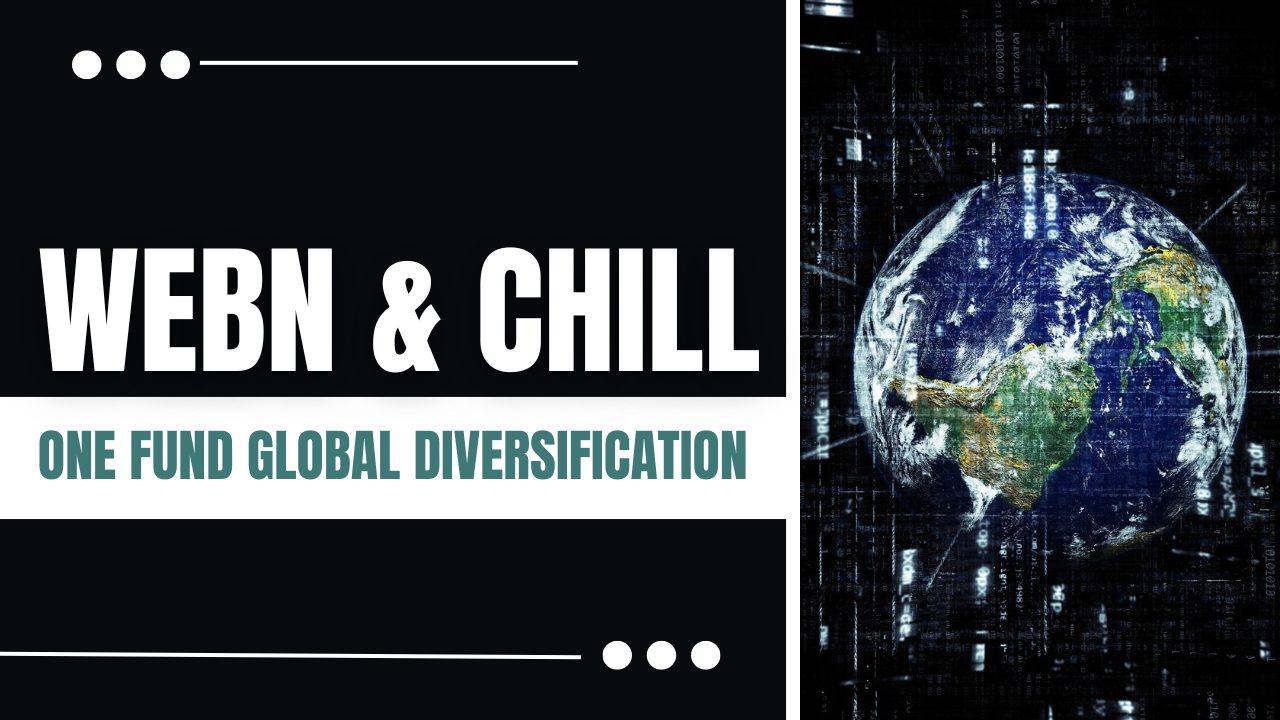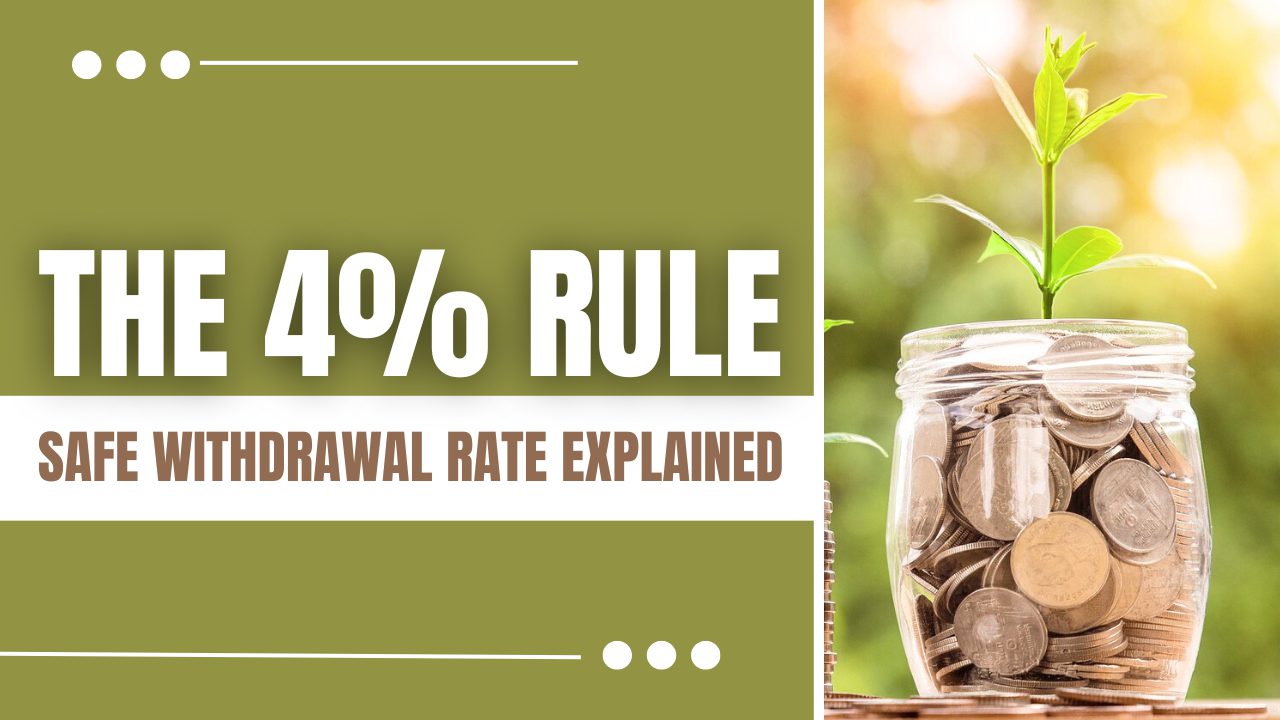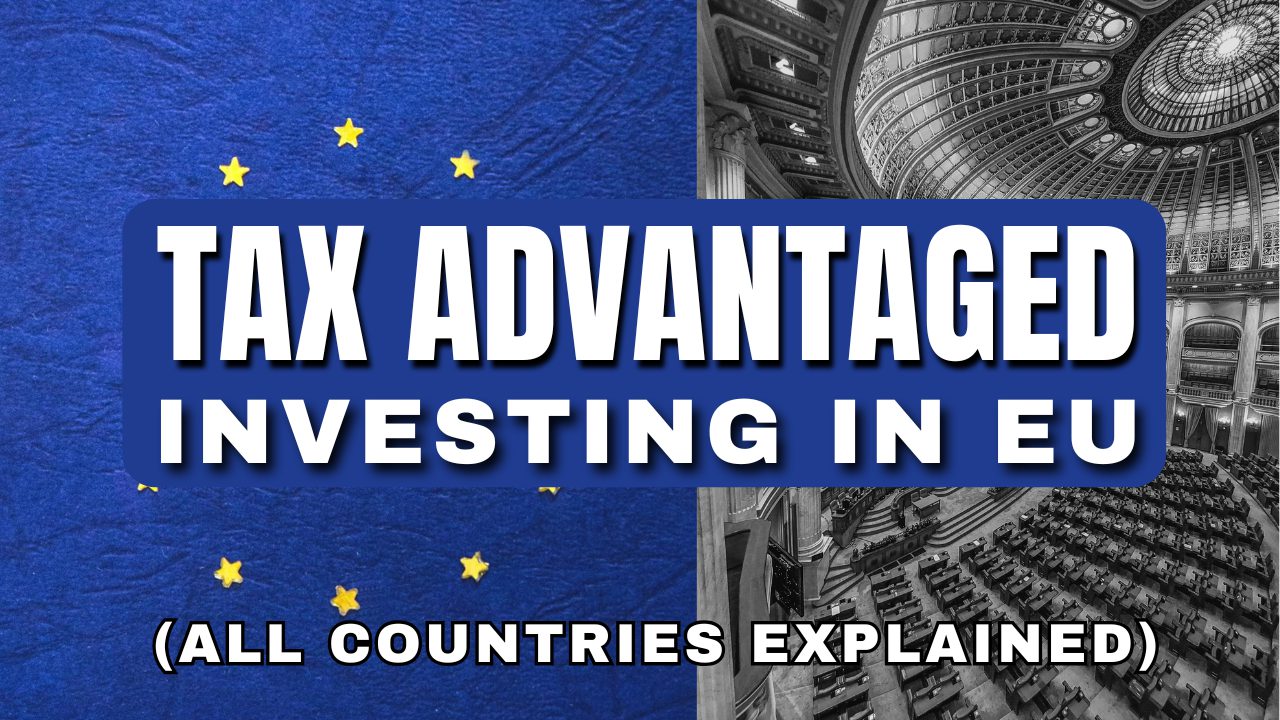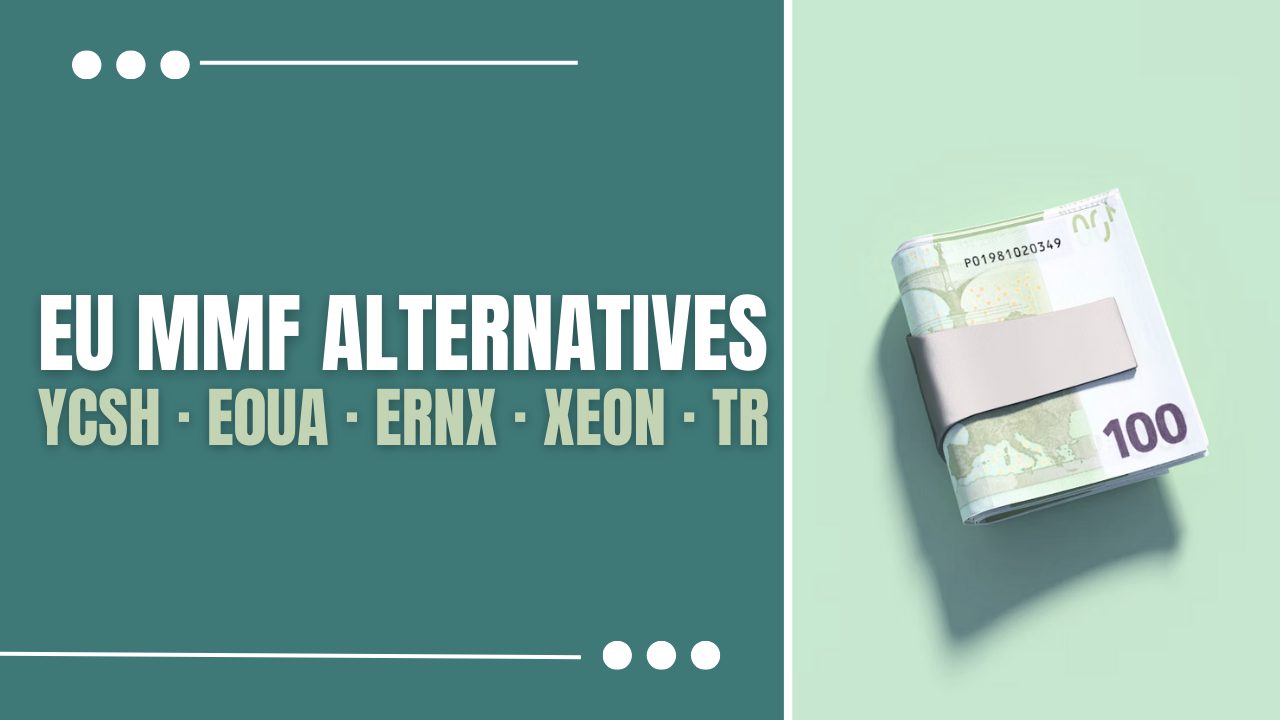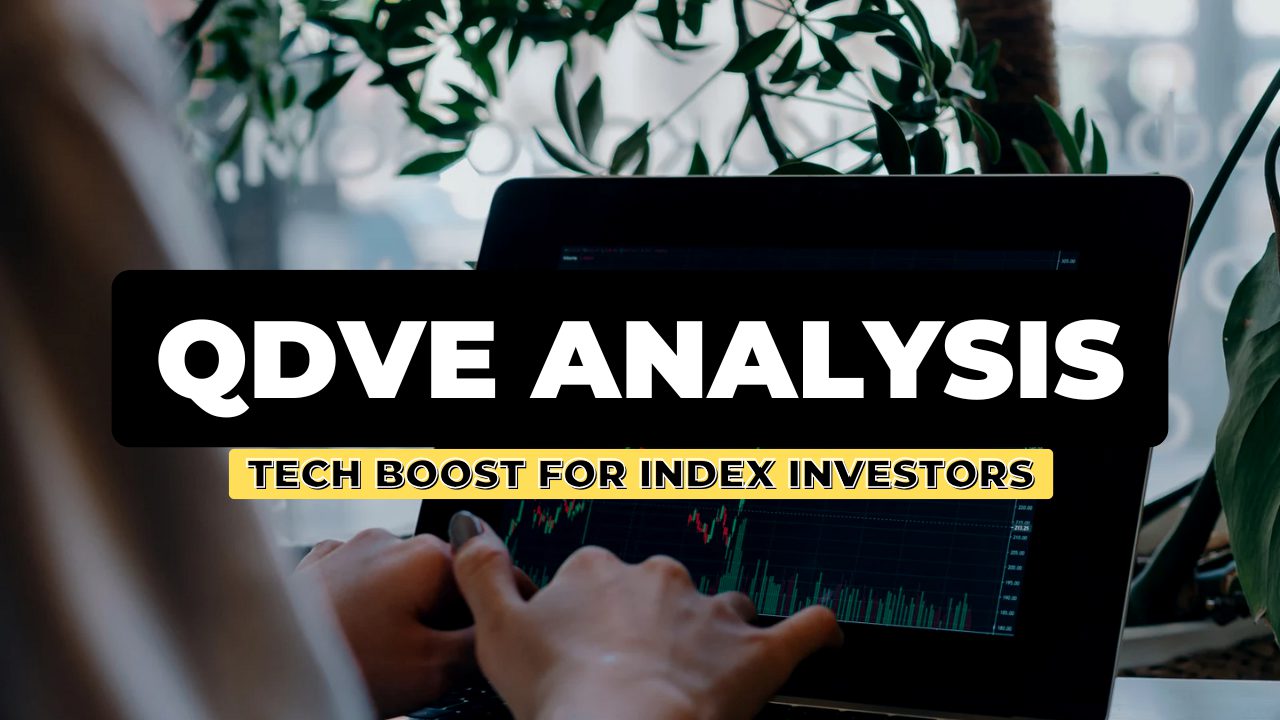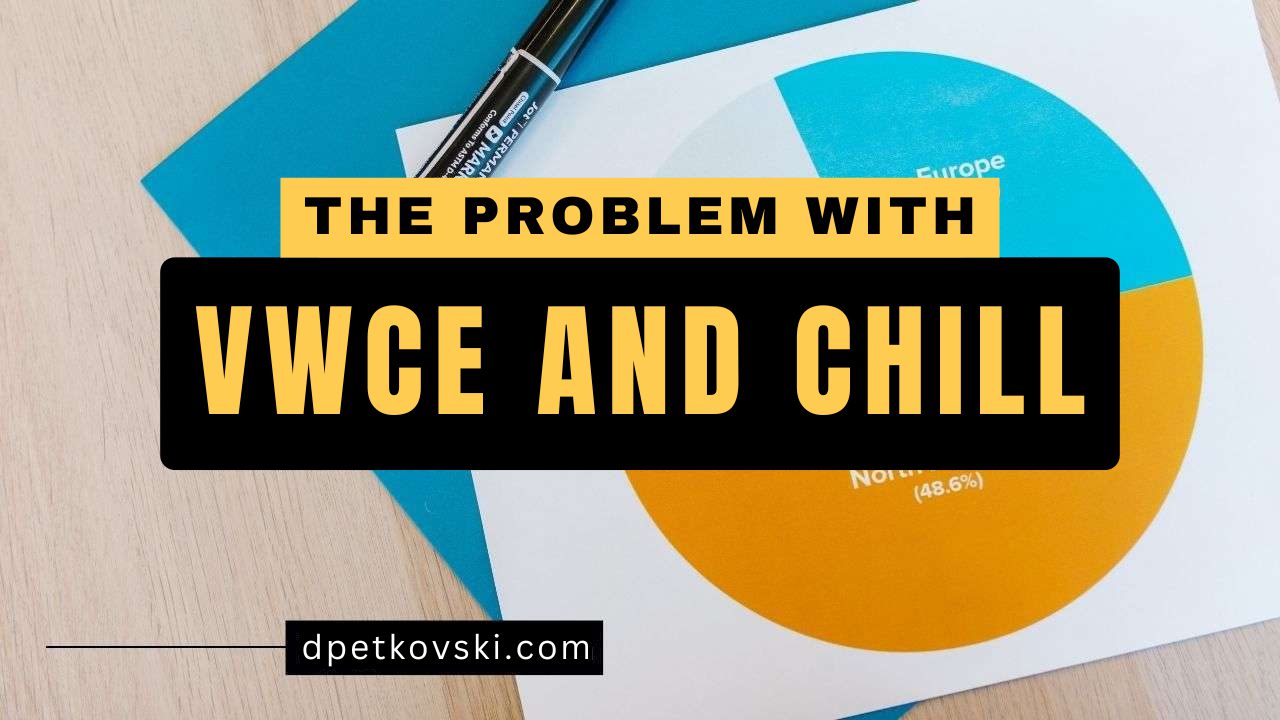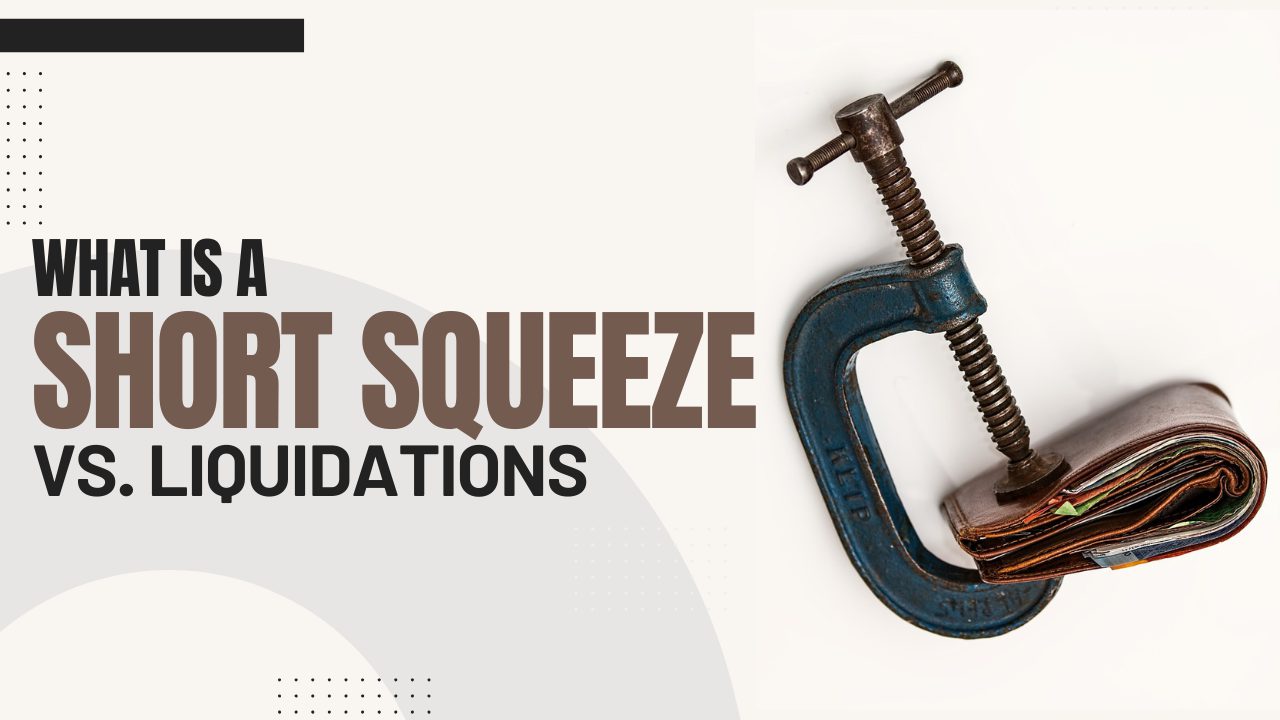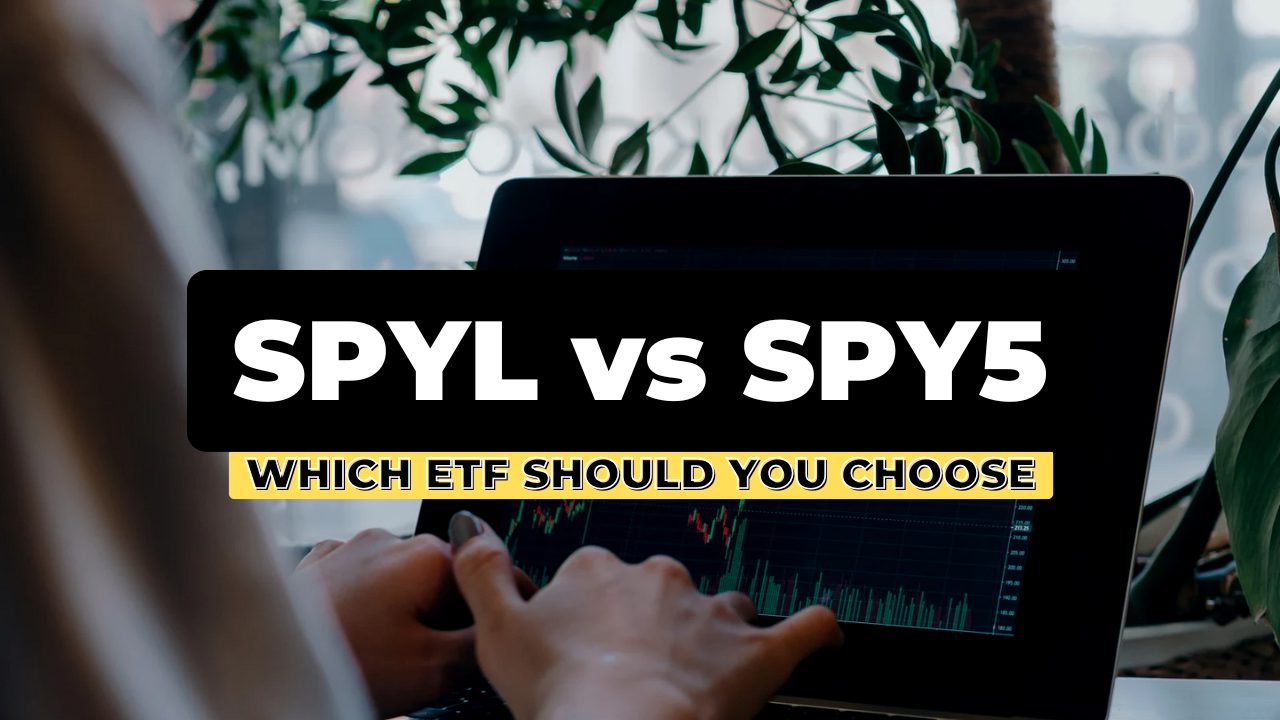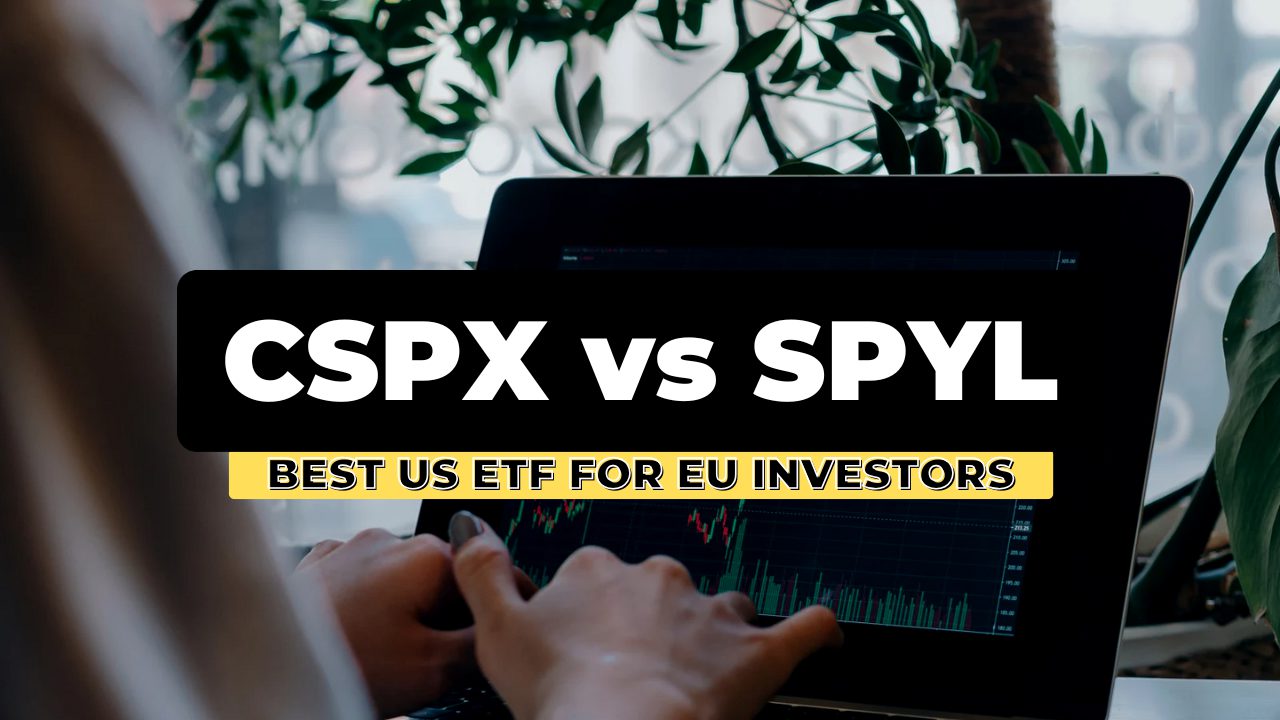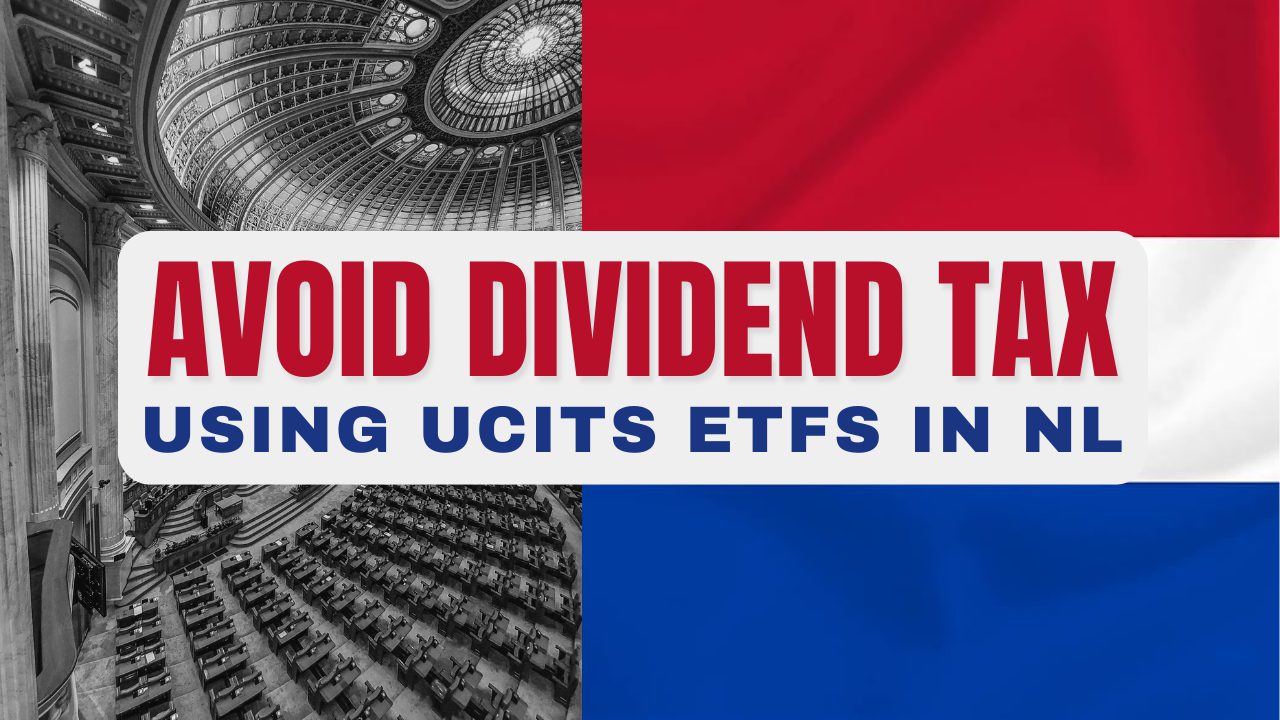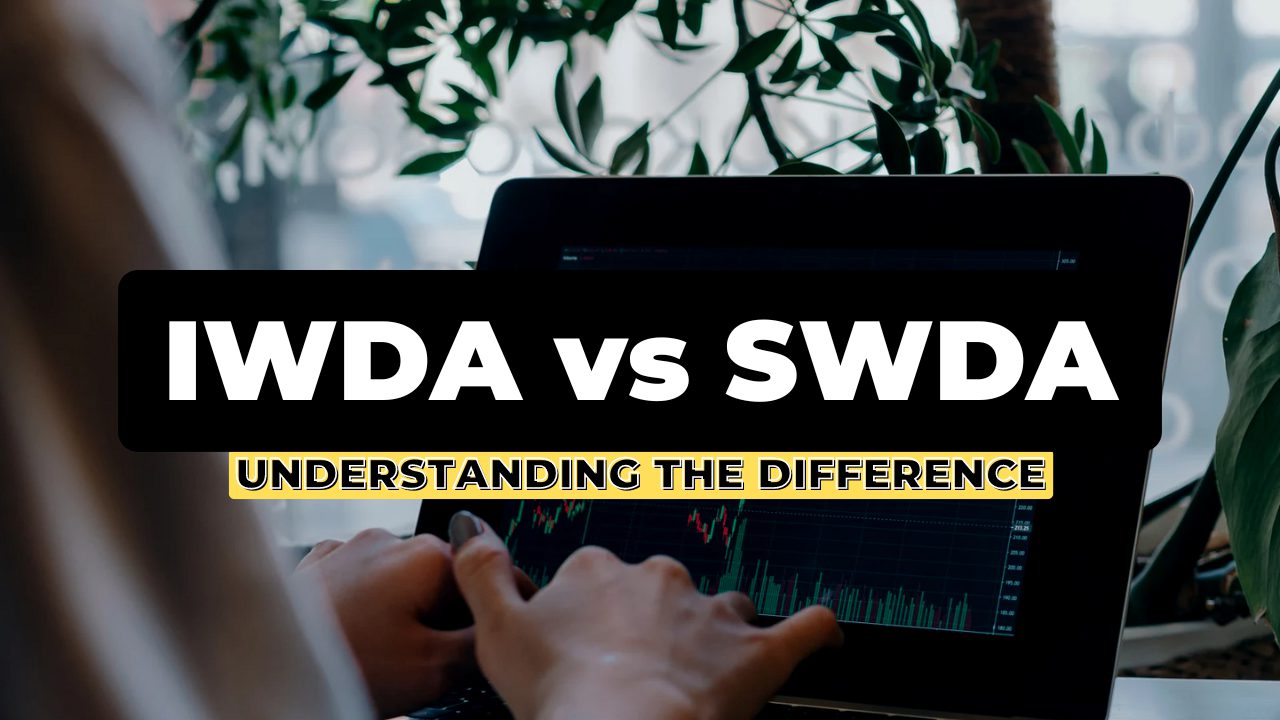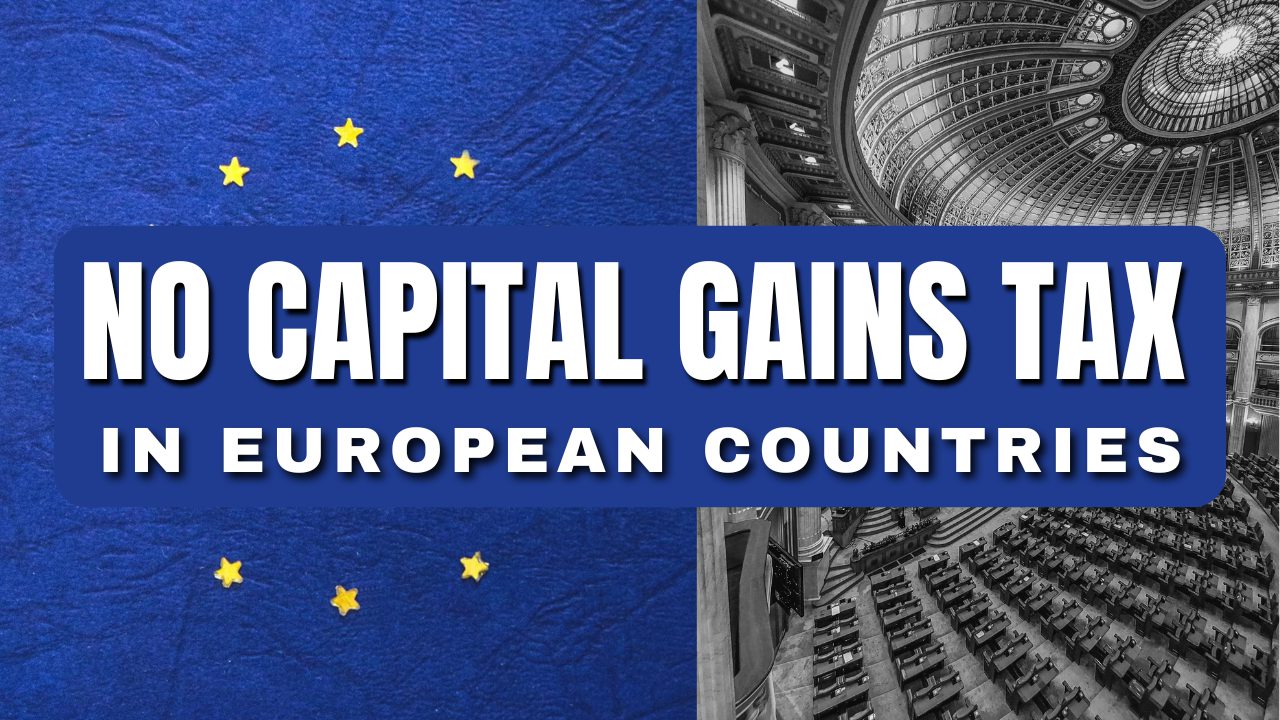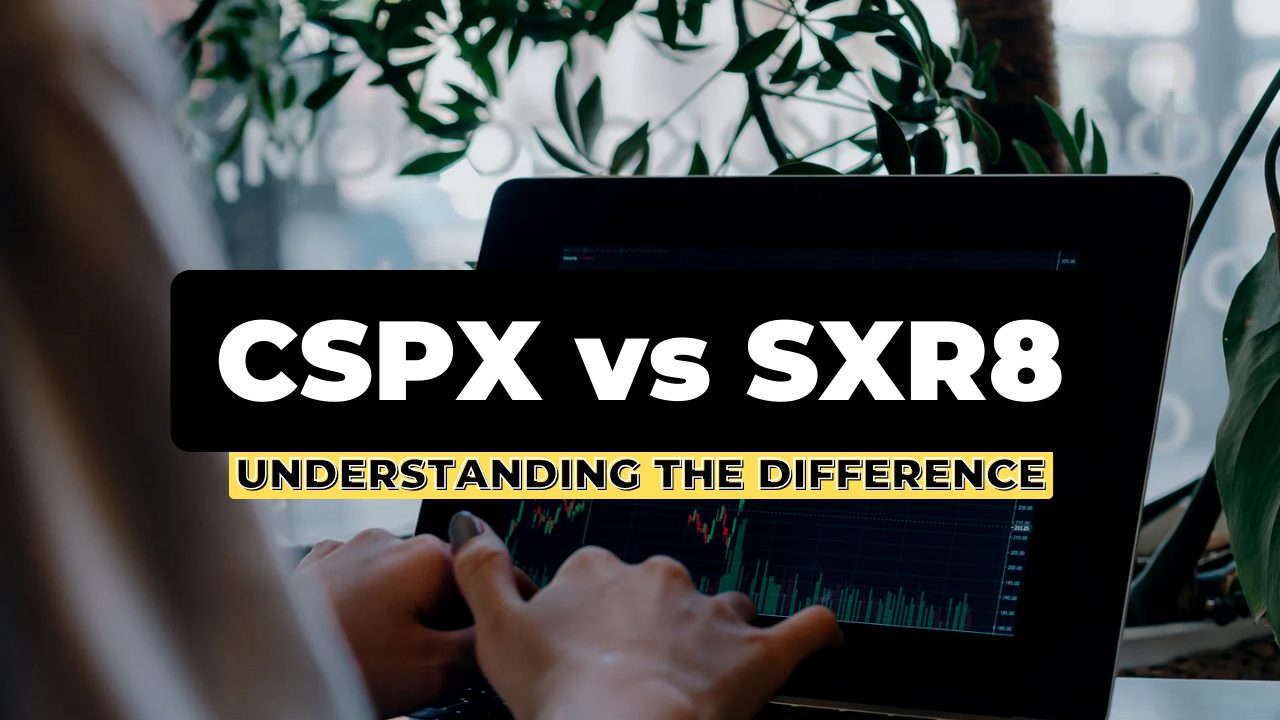Category: Stocks & ETFs
Why I Like WEBN as a One-Fund Portfolio
A couple of years ago, the expression “VWCE and chill” echoed among the fans of one-fund portfolios. While I never liked the approach due to its high TER (relative to replicating a similar allocation), now there are cheaper alternatives. In my opinion, WEBN is the strongest contender to take the throne of achieving global diversification …
ETFs I Like – QDVE, SEC0, ARKI, and More
Being an index investor means buying market cap-weighted funds that are as diversified as possible and not trying to outsmart “the market”. However, some of us think we know better. So we try to outperform traditional benchmarks such as the S&P 500 or FTSE All-World. I’ve done this successfully year over year. And in this …
The 4% Rule – Understanding the Safe Withdrawal Rate
The 4% rule is a well known framework for retirement planning among stock market investors. But most people never heard of it or aren’t sure what it represents. And if you’re one of them, this post is for you. Understanding the 4% Rule or SWR (safe withdrawal rate), starts with asking a simple question: What …
EU Tax Advantaged Accounts (401k for Europeans & Pension Investing)
Unlike the US with its IRA/401k, Europe’s tax-advantaged accounts differ per country. As such, we’ll need to explore the tax advantaged accounts in every country separately to understand their unique benefits, rules, and limitations. This post is an extension to my Investment Taxes in ALL EU Countries and focuses on tax optimization for investments: ASK (Aktiesparekonto) …
YCSH, E0UA, ERNX, TradeRepublic (Best MMF Alternatives in EU)
Every investor eventually faces the dilemma of where to park idle cash temporarily. In this post, I’ll compare my top Money Market Fund alternatives for Europeans. My goal is to show the importance of analyzing these opportunities in more detail – understanding how they achieve the returns and making an informed decision of what makes …
Sector Boost With QDVE For ETF Investors
As an buy-and-forget investor, you’re probably tracking a diversified index such as the S&P 500 or MSCI World. This is a great strategy which historically outperformed 90%+ of actively managed funds. Still, based on your knowledge, expectations, and risk tolerance, you might give a personal twist to an index investing portfolio. What is a Sector …
VWCE and Chill is Unnecessarily Expensive
VWCE won the hearts of many European investors due to its suitability for: A one-fund portfolio Global diversification Set-and-forget investing – no rebalancing, no tracking asset allocation. That’s all great. However, $VWCE has a TER of 0.22% (plus internal transaction costs and dividend leakage). Many beginners still consider this low-cost. And it is, but not …
Not Everything is a Short Squeeze
Short Squeeze is a term that’s often misused since 2021. In this post, I’ll explain exactly what it means and how to correctly describe various market phenomena. Let’s start with the basics: What is Shorting? Shorting or short selling is a strategy where a trader bets on an asset’s price going down. In other words, when you “short” …
SPYL vs SPY5 – What to Choose and Why?
If you’re a new European investor, you’ve probably researched SPYL and SPY5 for your US exposure. In this post, I’ll explain exactly what’s the difference between the two and give a recommendation. SPYL Ticker symbols: SPYL, SPXL, SPSA; ISIN: IE000XZSV718 SPYL (SPDR S&P 500 UCITS ETF (Acc.)) is an ETF tracking the S&P 500 – an …
CSPX vs SPYL – What is The Best US ETF
A US ETF is usually the core of most investors’ portfolios. I’ve already covered the most popular UCITS ETFs (CSPX, VUSA, IUSA), but since late 2023, we have a new contender: $SPYL. In this post, we’ll analyze whether SPYL can dethrone CSPX as the best US ETF. CSPX Ticker symbols: CSPX, SXR8, CSP1; ISIN: IE00B5BMR087 …
Receive Tax Free Dividends in The Netherlands
If you’re a long-term index investor residing in the Netherlands, you can receive dividends tax free. Although I’m not a big fan of dividend investing, I still want to share some strategies that ETF investors can utilize without much effort. Basically, you’d leverage the tax treaties and tax codes of different countries to legally avoid dividend …
IWDA vs SWDA – What’s The Difference?
New investors that want to diversify globally don’t understand the difference between $IWDA vs $SWDA. And indeed, both of those represent the iShares Core MSCI World UCITS ETF (Acc), so the distinction might be confusing to beginners. In this post, I’ll explain why some ETFs have multiple tickers and how to choose between them. iShares …
EU Countries Without Capital Gains Tax (2025)
Europe is known for high taxes and overregulation. However, there are places throughout this continent that are quite favorable for investors, and especially welcoming for the less active ones. In this post, I’ll summarize the European countries in which it’s possible to lower the capital gains tax rate to 0%. No Capital Gains Tax in Europe …
CSPX vs SXR8 – What’s The Difference?
If you’re a beginner investor, you might be uncertain about the difference between $CSPX and $SXR8. And indeed, both of those represent the iShares Core S&P 500 UCITS ETF (Acc). In this post, I’ll explain why some ETFs have multiple tickers and how to choose between them. iShares Core S&P 500 UCITS ETF First, let’s …
Sticking to a Strategy (Notes From the 2020 Recession)
I wrote this post for a discontinued blog during the market crash of March 2020, before the Covid recession was officially announced. I decided to republish it on dpetkovski.com because it’s evergreen content – it gives unique insights into the mind of a retail investor during market turmoil. And the thought process should be applicable …
